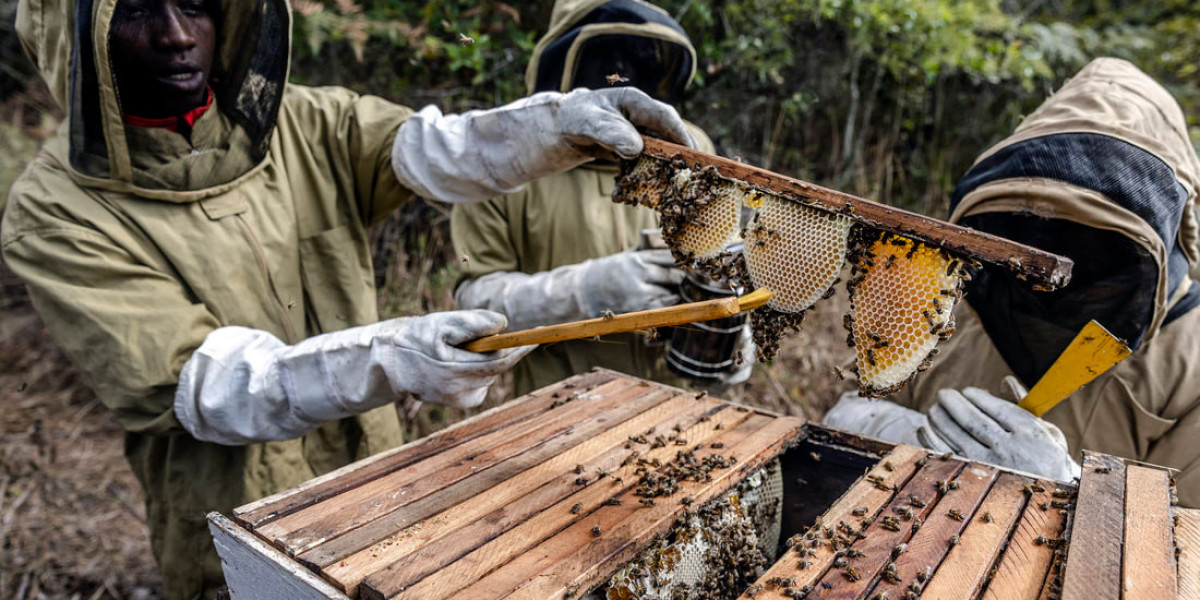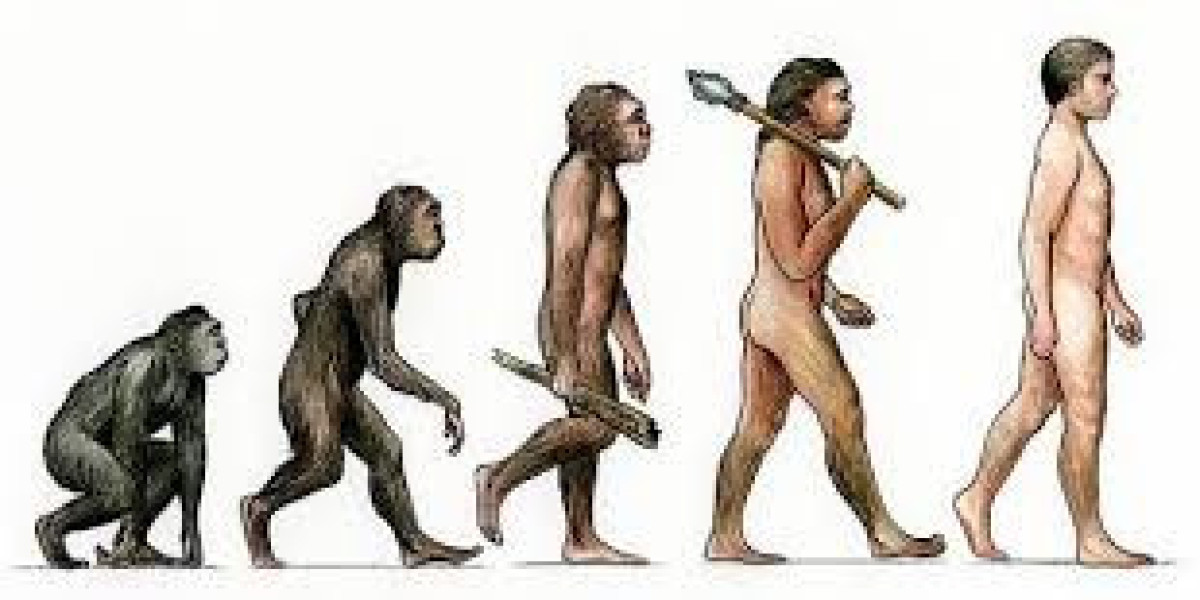1. Introduction
2. Importance of Beekeeping
3. Honey value chain
Beekeeping is a traditional practice in many parts of Africa, but it is only in recent years that it has begun to be recognized as a sustainable and profitable way to improve livelihoods. There are many reasons why beekeeping is a good fit for Africa. Bees are essential pollinators, and their pollination services are worth billions of dollars each year. In Africa, bees help to pollinate a wide variety of crops, including fruits, vegetables, and nuts. This pollination helps to increase crop yields, which can improve food security.
Beekeeping is a relatively low-cost investment. Beehives can be made from local materials, and beeswax and honey can be sold for a profit. In some cases, beekeeping can even be a source of income for women and children, who are often excluded from other agricultural activities.
In addition to these benefits, beekeeping can also help to promote environmental conservation. Bees help to pollinate wildflowers, which helps to maintain healthy ecosystems. They also help to reduce the risk of forest fires by pollinating trees and shrubs.
As a result of these benefits, beekeeping is becoming increasingly popular in Africa. Along with Apimondia, there are now many government and non-governmental organizations that are working to promote beekeeping in Africa. These organizations are providing training and support to beekeepers, and they are helping to market bee products.
What are the challenges African beekeepers face?
There are a number of challenges faced by African beekeepers that include lack of:
awareness on the viability of beekeeping as a business venture worthy investing their time and resources
financial resources to acquire equipment and hives in order for them to increase their honey production
appropriate training on proper honey handling and processing in order to maintain the quality of honey in line with the standards
constant market for their honey and other hive products.
What is the honey value chain?
The honey value chain is an ecosystem of actors with a symbiotic co-existence whose collective efforts result in efficient and sustainable production of honey and other related products. People contribute their specialist services from the hive to the jar of honey. This ecosystem is composed of actors, such as:
Policymaking bodies (government)
Beekeepers
Trainers and service providers
Development partners
Aggregators / buyers
Honey processors / packagers
Retailers
Consumers
What is the roles of governments in supporting this ecosystem?
The role of government in the honey value chain is often misunderstood both by stakeholders and in some cases government officials. Government has the role to provide an enabling environment for the sector players to do their bit based on their specialisation.
In the case of development, direct government financial support is critical for sustainable sector growth as opposed to private sector-driven growth which in most cases will be profit-oriented with an “all-in-one model (where an individual stakeholder is the producer, equipment provider, processor and distributor) suitable only for those with access to considerable capital. Classic examples include Ethiopia and Tanzania where there is a separate budget for beekeeping that ensures efficient and effective support to beekeepers especially with extension services and establishment of community projects that help empower marginalised groups.
Establishing an enabling policy framework is also the responsibility of government to ensure the beekeeping sector is protected. One example is the policy around use of pesticides that has adverse effects on bees and other pollinators. Governments can also provide incentives to the sector actors in order to encourage the growth of the sector through favourable tax breaks and grants.
In some cases, some government departments or officials have gone beyond creating the enabling environment and taken the role of leading the sector, resulting in serious disagreements, disharmony and confusion. For instance, some extension officers in some countries demand to be the only ones offering beekeeping training, especially donor-funded trainings. This has resulted in private sector players being marginalised to the extent the sector remains unviable for formal service providers.
How can beekeepers get involved?
There is no honey value chain without the beekeepers. Thus, beekeepers are the major player in the honey value chain with their primary role being to produce honey. The voice of the beekeepers should be the one that help drive policy formulation that involves the apiculture sector as they are the ones on the ground. And their involvement at advocacy and lobbying should be done through beekeeping associations that should provide a collective voice that can help in sector growth, market linkages and development of standards.
How can the honey value chain be improved






